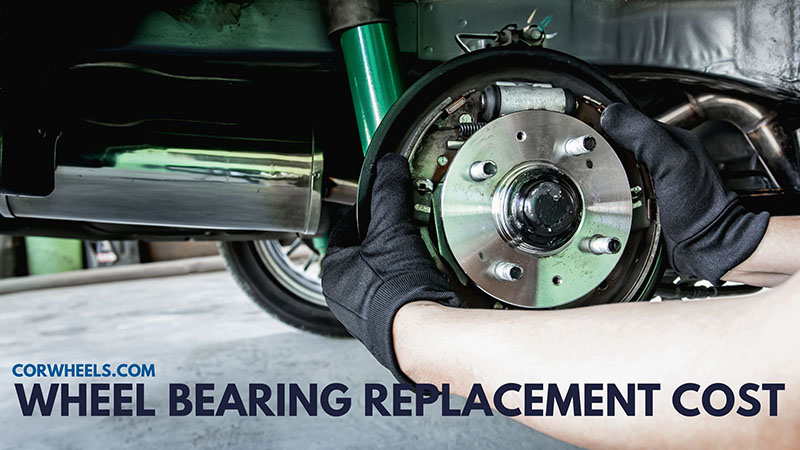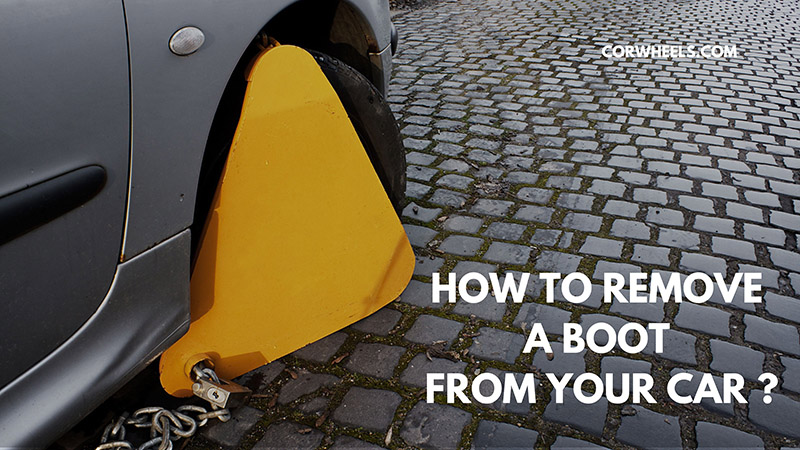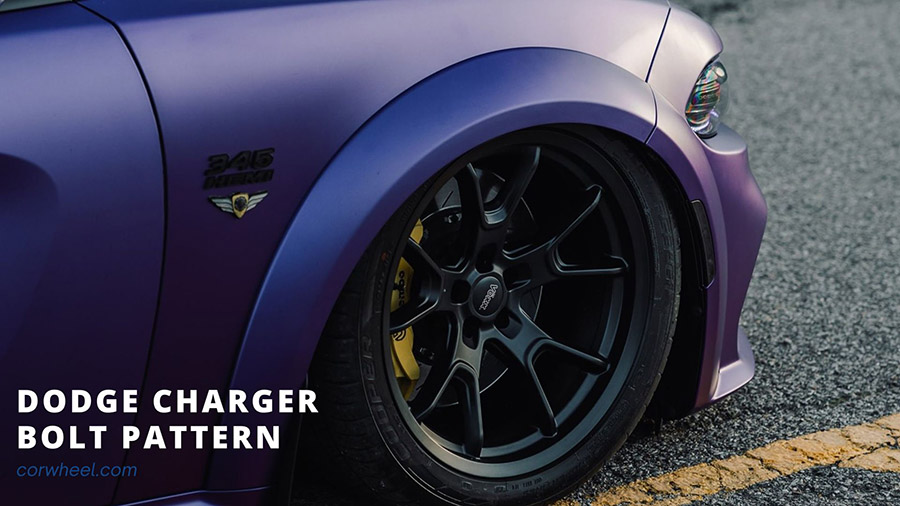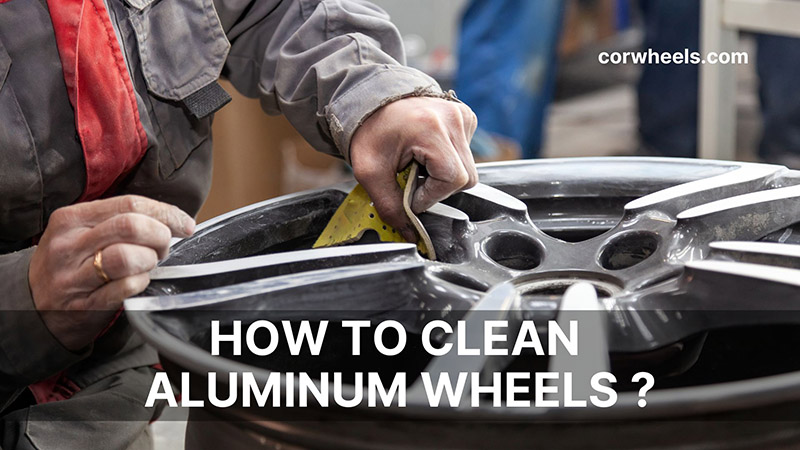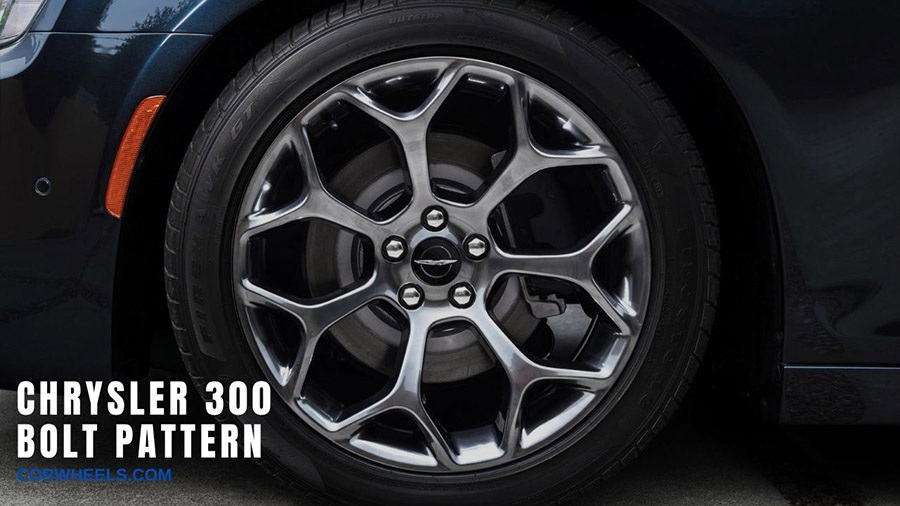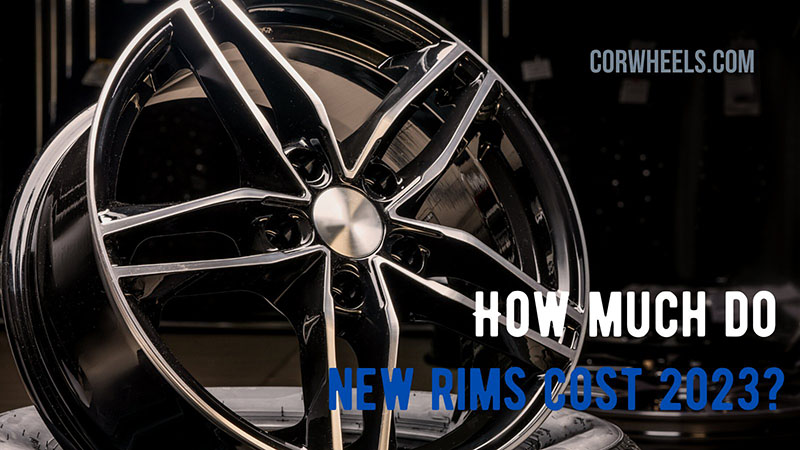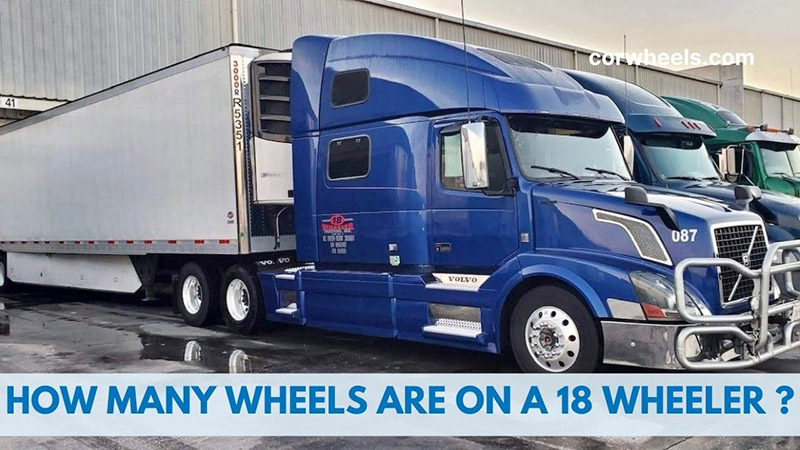Wheel bearings connect the wheel to the axle and keep the spinning from friction. If you find your car slowing down with an odd squeal, it’s time to get new ones. The question is: how much does it cost to replace a wheel bearing? Scroll down to learn in detail.
In this article:
What Is The Cost To Replace Wheel Bearing?
The average cost ranges between $350 to $500 for 1 set, but the exact number varies depending on the car models, the local labor rate, the OEM or aftermarket part, the bearing type, and the hub design. You don’t need to replace them in pairs or all 4 sets to save money.
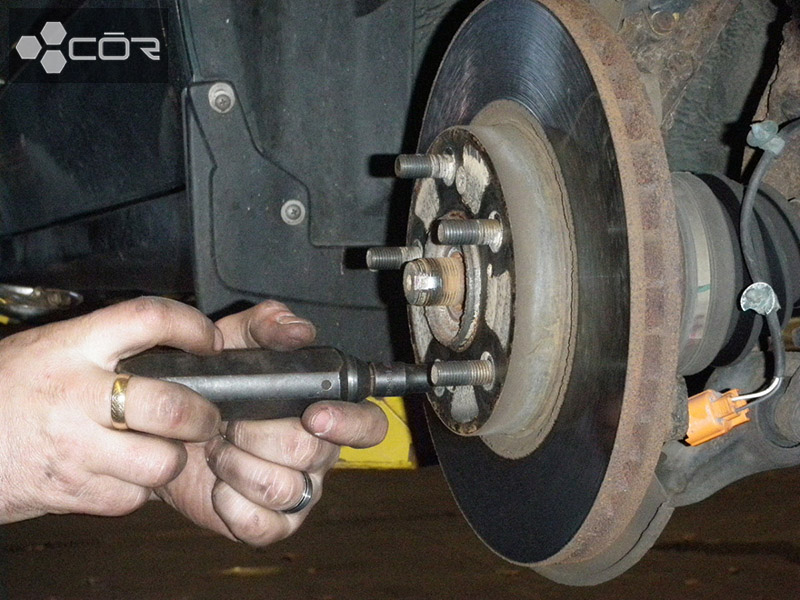
Vehicle Models
Each type of vehicle comes with different kinds of bearings at different production cost ranges. For example, some models integrate an ABS sensor, and its bearing design includes a wheel hub.
Such settings increase the difficulty of the replacement, thereby increasing the cost to repair wheel bearing. Below are estimated costs for some popular models:
| Car Model | Rear Wheel | Front Wheel |
| Ford F-150 | $250 | $350 |
| Toyota Camry | $250 | $350 |
| Toyota RAV4 | $300 | $400 |
| Honda CR-V | $250 | $400 |
| Chevrolet Silverado | $300 | $500 |
| Ram 1500/2500/3500 | $350 | $450 |
OEM Or Aftermarket Bearings
Needless to say, OEM parts are always more expensive. In return, you ensure their origin – guaranteed by trusted manufacturers when you go to the dealer for your purchase. Therefore, these items deliver desirable performance and excellent warranties.
On the contrary, you can find good deals from aftermarket companies who produce at low cost. This means more risk in performance and poorer customer service.
It would help to have plenty of time to consult the reviews from previous customers before making a decision and double-check on the received item before paying.
Labor Charges
Unfortunately, labor costs make up the bulk of your total pay. Specific estimates vary by region, bearing location, and hub assembly design but typically range from $60 to $300. Don’t be too surprised because this service requires 1-1.5 hours of labor.
Time may be extended if your vehicle features non-serviceable hub assemblies, thus increasing labor costs. In comparison, press-in bearings are even more challenging to handle, so prepare a generous budget for this job.
Surprisingly, auto centers charge less labor for rear bearings. The average labor cost to fix rear wheel bearing runs from $250-$400. In contrast, front bearings require higher labor charges – around $350-$550 (replacement part not counted).
So can you do it at home to save money? The quick answer is yes. As long as you gain mechanical expertise and have the necessary tools, feel free to proceed with the replacement independently.
Type Of Bearings
The wide variety of wheel bearings, of course, make the cost fluctuate. Your modern car can work well with hardened steel ball bearings, while older models often come with roller bearings.
As the name implies, this option includes rollers between the inner and outer portions. The larger working area allows it to support heavy loads well.
Additionally, you occasionally bump into needle bearing – another form of the second type. The main difference is that it features small needles and lacks adjustability.
Hub Design
Some cars have wheel bearings attached to the hub assembly. Once the mechanics take them apart, you must pay extra for a new part. The hub bearing replacement cost adds $200 – $500 to the total.
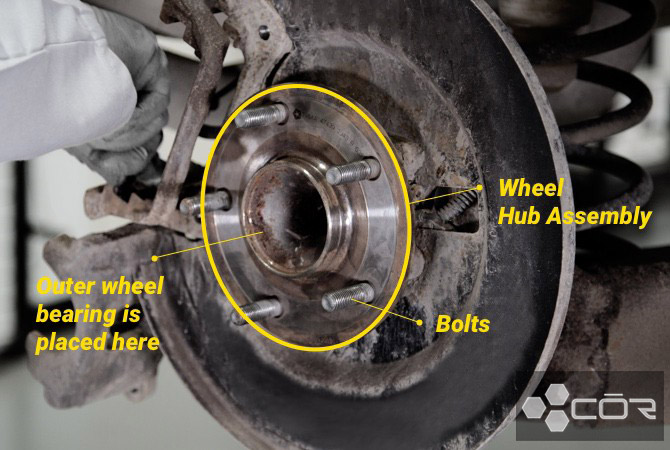
Things get easier and cheaper if you have a central cluster that can be repaired. You only need to pay for a single material and labor fee (optional). Front wheel bearing parts are typically between $150-$300, while those on the rear are a bit more expensive, around $190-$310.
No matter what the mechanic convinces you, think carefully before deciding to replace all bearings. This decision could make you bankrupt, requiring from $800-$1000. Remember that all figures given are estimates only, so costs may increase/lower more than expected in most cases.
When Does Your Car Need Bearing Replacement?
Experts recommend new bearings every 85,000-100,000 miles, depending on the terrain conditions and actual driving manner. However, owners must replace one immediately when they notice weird noises, uneven tire wear, wobbling, or excess vibration.
See more: How to tell if a wheel bearing is bad?
Strange Noise
The easiest way to notice abnormalities with bearings is grinding noise. Especially when accelerating, turning, or driving on uneven roads, the hums turn into sharp, shrill screeches.
It evokes the prospect of metal scraps rubbing against each other, and it’s all about what goes on behind the scenes. Bearings produce excessive heat and friction due to loss of lubricity.
Uneven Tire Wear
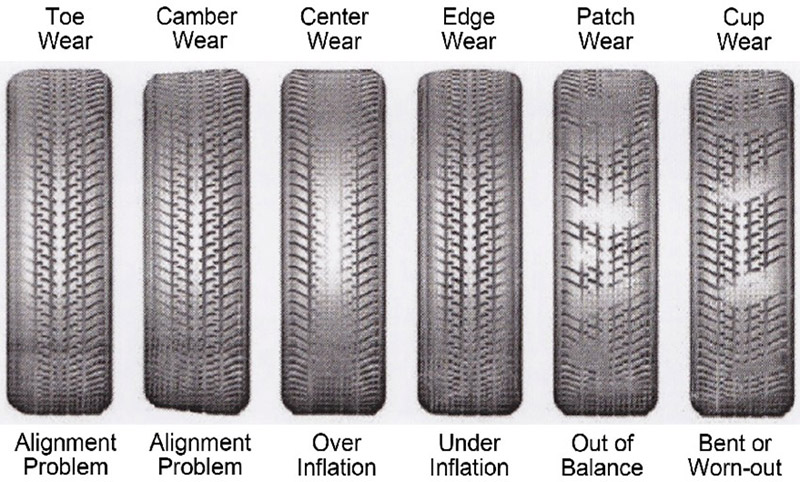
As the bearings wear out, some negative changes occur in the tread. Simply put, tires corresponding to worn bearings tend to wear out compared to the rest.
However, you need an expert to determine the root of this problem. It could be due to other factors, such as poor alignment or unbalanced tires.
Vibration From The Steering Wheel
Bearings have a great influence on vehicle handling. If it suffers from damage, people usually immediately feel the steering wheel is loose or shaking. Unfortunately, things get worse when the vibrations occur.
Some might mistake it for a symptom of unbalanced tires, but the worst of bearing wear occurs even if you drive slowly. Once you hit the gas pedal, you feel it more clearly.
Vehicle Leans To One Side
The car pulling to one side is another sign, but it’s usually sporadic. The road surface also affects your judgment, so drivers have difficulty assessing the problem properly. Some may assume it implies a damaged rotor or caliper when encountering braking issues.
Wobble Wheel
Take your car to a specialist for diagnostics on hydraulic equipment to check for this symptom. Experienced mechanics then grab a wheel and shake it back and forth to test its movement. A unit in good condition rarely sways too much.
Is Wheel Bearing Replacement Important?
Yes, you should replace the bearing when needed. Bearings keep your wheels spinning freely, so a broken unit immediately affects vehicle movement. Your wheel can get stuck and collapse, making your vehicle lose control even when you are on the road.
In addition, continuing to drive when a bearing fails has serious consequences for other components. For example, the engine is overworked to maintain the vehicle’s operation, thus consuming more fuel.
You could also damage the suspension or end up with a prematurely worn tire. Other possible damage includes the shaft assembly, transmission, or constant velocity joint.
FAQs
Can You Drive With A Failed Wheel Bearing?
No, it is an unwise decision. Even if you want to save a little longer, an extended period can cost you more due to damage to other components.
What Causes Bearing Damage?
The main cause is improper lubrication which means wrong or insufficient lubricant. Contaminants or corrosion can also erode bearing surfaces leading to premature failure.
Are Bearings Covered Under My Warranty?
Maybe. The bearings may be covered under warranty if your bumper-to-bumper coverage is still valid.
Conclusion
Wheel bearing costs are expensive, but it’s worth your investment. This job requires time and effort, especially when the hub assembly cannot be serviced.
Bearings are also often filled with standing water and dirt due to long-term environmental exposure. This makes it difficult to loosen the bolts – the first step of the whole process. Therefore, take your vehicle to a trusted repair shop if you do not gain enough mechanic expertise.

